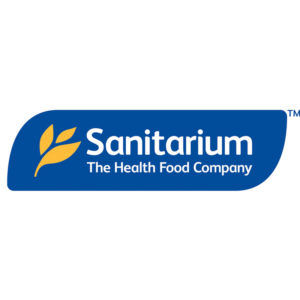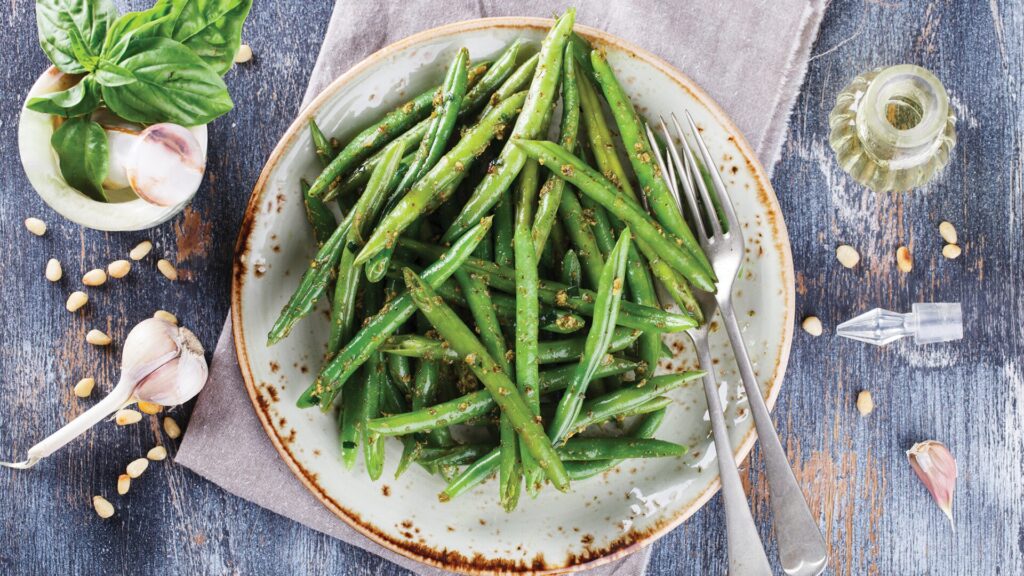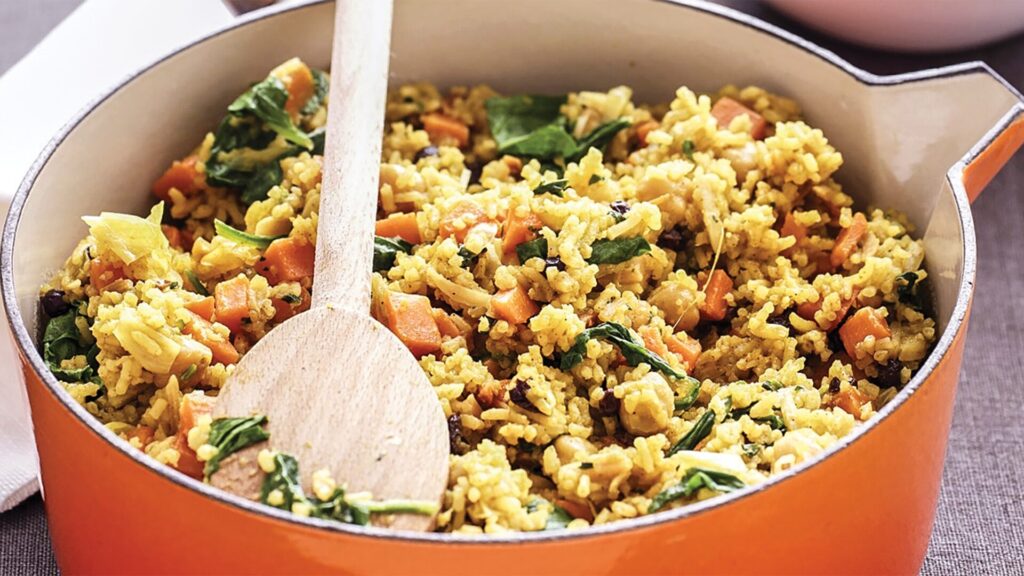Despite their popularity, potatoes continue to cop concern, getting caught up in the anti-carb debate. So, we asked Sanitarium dietitian Nicola Perry to cut through the nutrition noise on the humble spud.
“Potatoes are an important part of diets around the world, and a healthy, budget-friendly staple. They contain essential nutrients such as potassium and vitamin C, which are important for energy, immunity, muscle, nerve and cardiovascular health,” said Nicola.
“In fact, potatoes also contribute a small amount of protein, including all nine essential amino acids—a lesser-known benefit! While most vegetables contain little to no carbohydrates, as a starchy vegetable, potatoes naturally provide more carbohydrates making them a quality source of energy for our brains and bodies.
“Not all potatoes are equal though—depending on the variety of potato, glycaemic index (GI), which means how quickly or slowly a carbohydrate food is digested and affects blood sugar levels, differs. This has unfortunately unfairly contributed to their bad carb reputation, despite all potatoes offering nutrients needed for health and quality energy to keep us going.”
Despite differences, Nicola says there’s no need to avoid any type of potatoes. Instead, she recommends choosing potatoes that best complement your meal and your tastebuds.
Explore our range of wholesome, tasty recipes for recipe inspiration at <sanitarium.com>.
Here are Nicola’s healthy eating tips for potatoes:
1. Keep the skin on:
“I recommend always washing your potatoes thoroughly and leaving the skin on for an extra fibre boost. The skin provides insoluble fibre, which helps keep us regular and plays an important role in carrying food through our digestive system.”
2. Cool for better gut health:
“Cooking and cooling potatoes increases their resistant starch content. This is another type of fibre and it acts as a prebiotic feeding the good bacteria in your gut. My favourite way to enjoy cooled potatoes is in dishes like potato salads.”
3. Mix it up:
“If you typically consume white potatoes, you could switch it up with sweet potatoes. White, purple, gold and red sweet potatoes contain vitamins A and C, as well as potassium and powerful plant compounds with antioxidant benefits,” Nicola says.
4. Fresh, not frozen:
“Frozen chips are convenient, but they are typically pre-fried and may have added salt. With just a little extra time, homemade fries are a healthier way to get that takeaway taste, especially when oven baking or using an air fryer.”
5. Pop them in the pantry:
“I recommend keeping your potatoes in the pantry, not the fridge. Storing them in a cool, dark place helps preserve their quality and prevents them from turning sweet or sprouting.”






